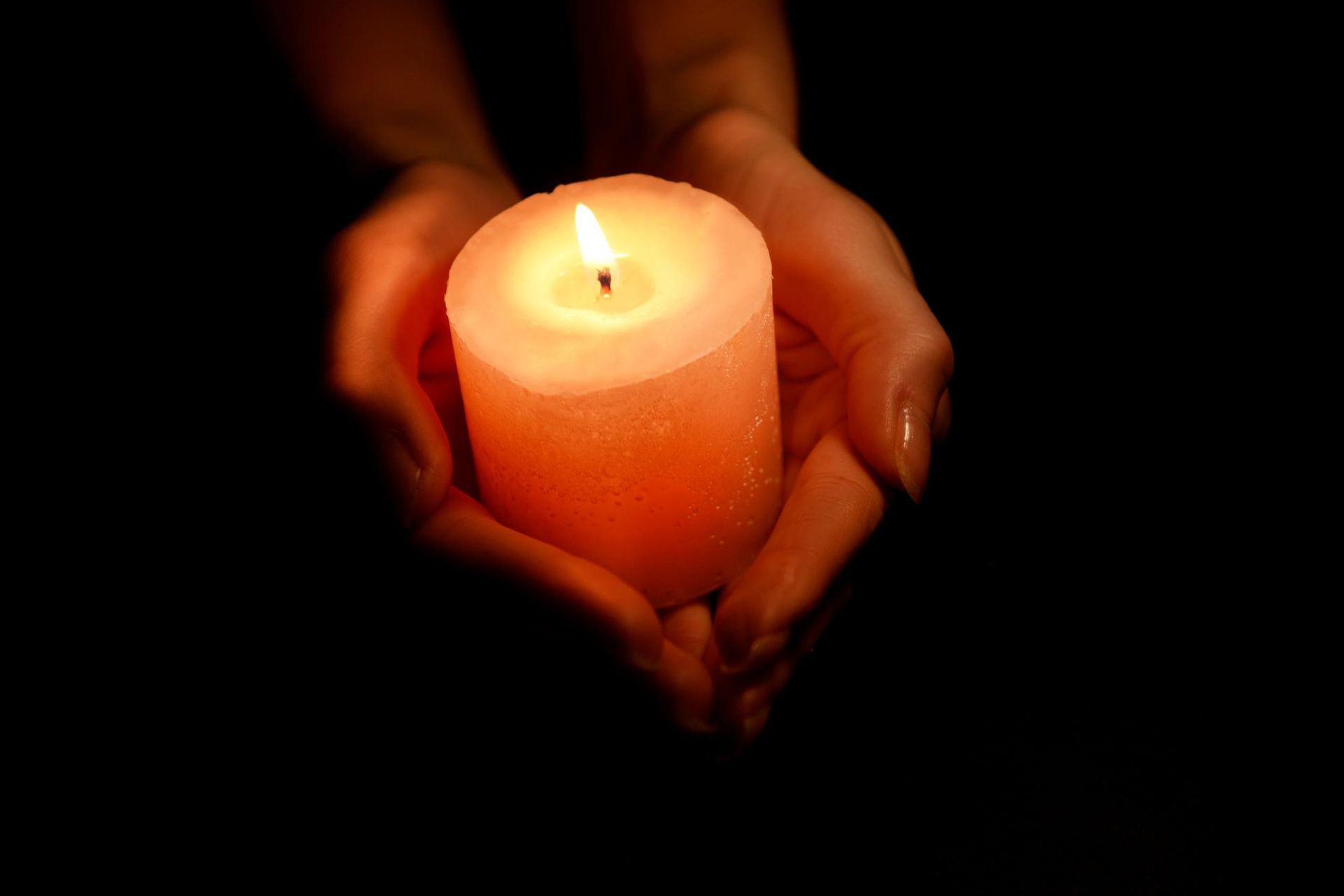May 18, 2025: Embrace your Green Skin
Embrace your green skin
OK, raise your hand if you recognize this song. [Sing “It’s time to try defying gravity. I think I’ll try defying gravity” - from Wicked] Yes! It’s from Wicked—the hit Broadway musical and now a major motion picture. Wicked is actually a prequel to The Wizard of Oz, and it tells the story from a surprising perspective—that of Elphaba, the “Wicked Witch of the West.”
Now, Elphaba isn’t born wicked. She’s born different—with green skin—and much of the story centers on how society reacts to her difference. She’s labeled an outcast, treated cruelly, and misunderstood simply because of how she looks. It’s a powerful story. I highly recommend it. At one point in the play, Elphaba and Glinda (the Good Witch of the North) are college roommates at Shiz University, Oz’s school for sorcery. Glinda awkwardly tries to be sympathetic about Elphaba’s green skin:
Glinda says, “Well, I, for one, am so sorry that you have been forced to live with this.”
“Is that so?” Elphaba replies.
“Yes,” Glinda continues. “And it is my intention to major in sorcery. So, if at some point, you
wanted to address the… um… ‘problem’…”
“‘Problem?’” Elphaba shoots back. “Offering to help someone that you don’t know, with skills
that you don’t have—I’m sure everyone is duly impressed.”
Hold that thought. In today’s Gospel, we’re at the Last Supper. Judas has just left to betray Jesus. And in that moment, Jesus gives His disciples a new commandment: “Love one another. As I have loved you, so you also should love one another.”
This isn’t just sentiment. It’s a radical new way of seeing. A love that places others before ourselves. A love that transforms the world—not by fixing people—but by honoring them. A love that breaks down barriers and refuses to see others as a “problem.”
But how often do we look at someone—because they’re different, struggling, or outside the mold—and think . . . problem! That was Glinda’s mistake. She assumed Elphaba’s difference needed to be “addressed.” But what if it was Elphaba’s green skin—her very difference—that made her powerful, that made her capable of soaring, of defying gravity? And what if the same is true for all of us?
Graduates, each of you carries something unique—some trait, story, or struggle that the world might label as odd, inconvenient, or broken. Maybe you’ve even believed that about yourself. Maybe you've been made to feel like your own “green skin” is a weakness. But let me tell you: there is no such thing as “normal.” There’s common. There’s typical. But normal? That’s a myth.
Paul and Barnabas, in our first reading, endured many hardships. And so do we all. But what makes us strong is not the absence of struggle—it’s how we live with it, grow through it, and let it shape our ability to love more deeply.
Paul also writes in 1 Corinthians that “your body is a temple of the Holy Spirit.” Every body is. There is no junior-varsity Holy Spirit for those who are disabled or different. God's Spirit is fully alive in all of us. Maybe what needs healing is not our difference—but our perspective on what we think limits us. Graduates, don’t hide what makes you different. Embrace it. Don’t wait until you feel “fixed” to make a difference. Start now.
In the second reading from Revelation, the author sees a “new heaven and a new earth,” where “the old order has passed away” and “God will wipe every tear from their eyes.” That’s not just a vision of the future—it’s a call to action today. Go out and help create that new world. Not by overcoming your difference, but by bringing it fully into the community with courage and pride.
Change your definition of “normal.” Let go of the labels. Embrace your “green skin.” And trust that what makes you rare is what makes you powerful. Release that power of love that Jesus speaks of—a love that defies judgment, a love that defies fear, a love that…
[Sing “It’s time to try defying gravity. I think I’ll try defying gravity. And you can’t pull me down.”]




